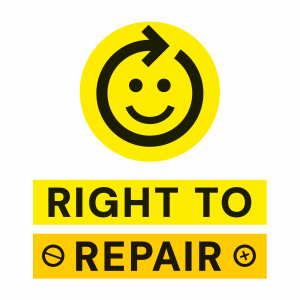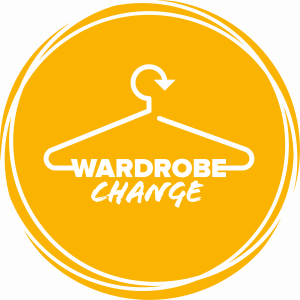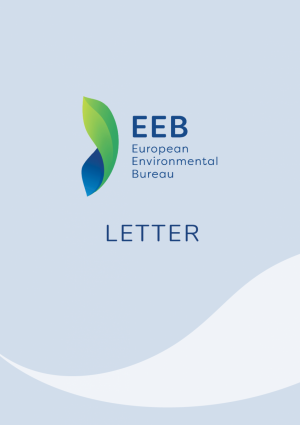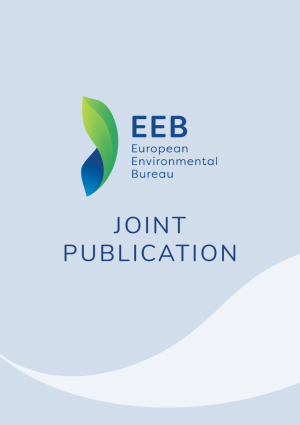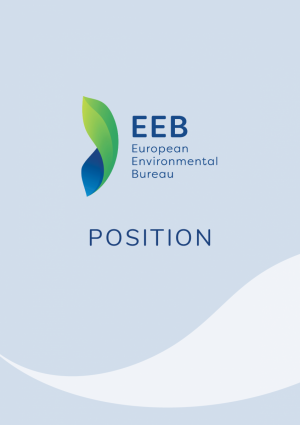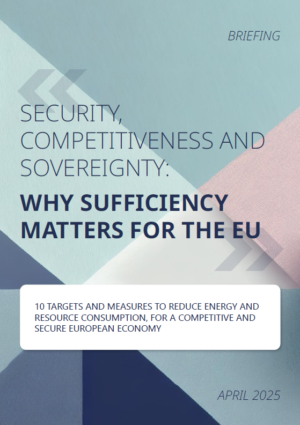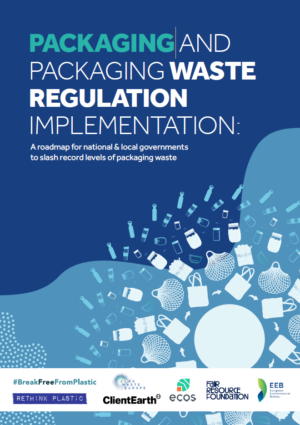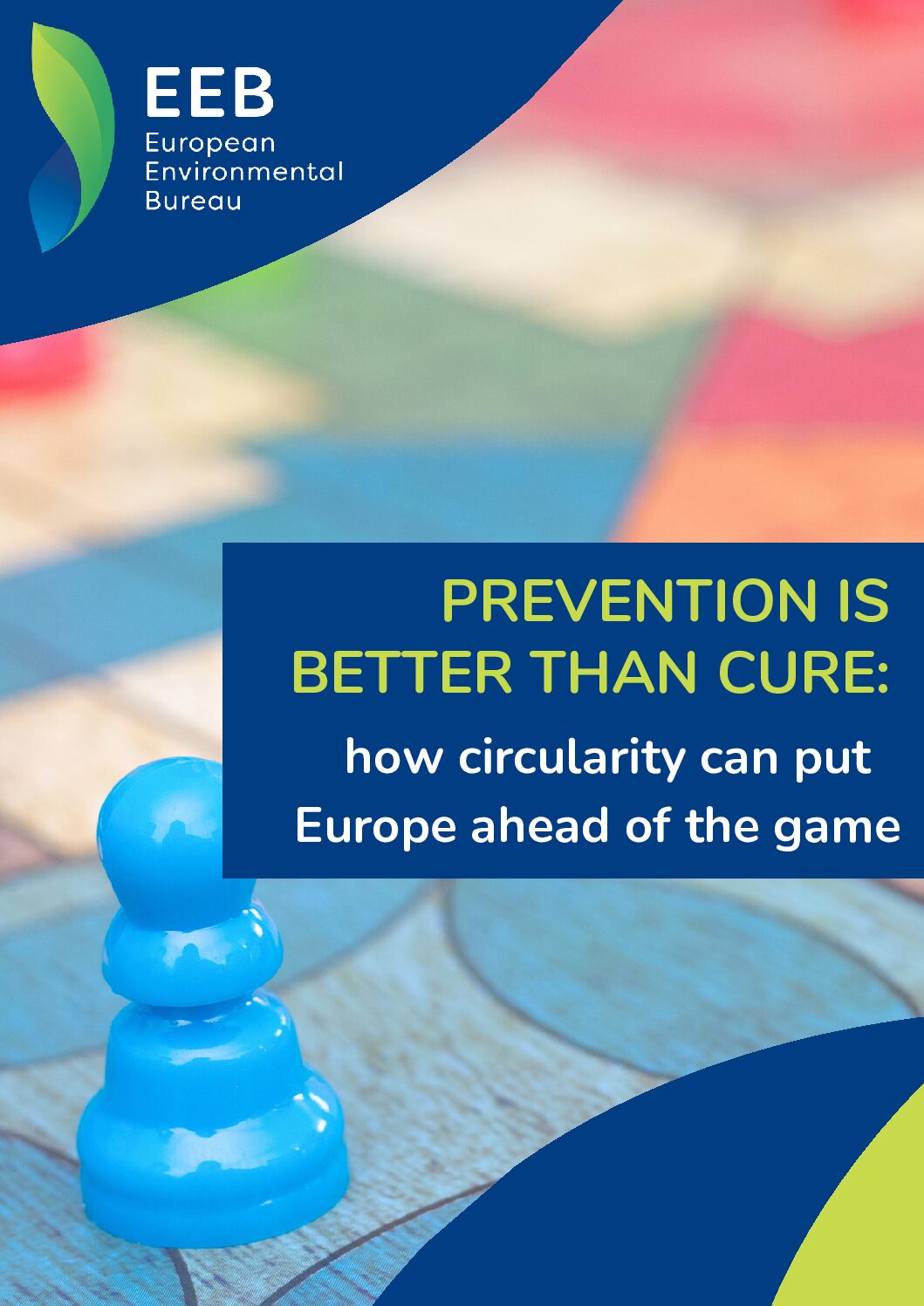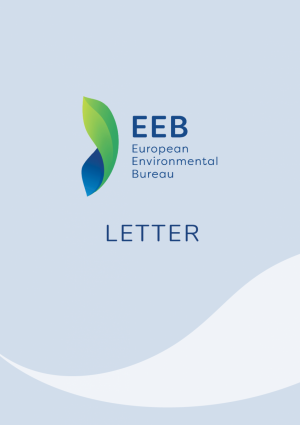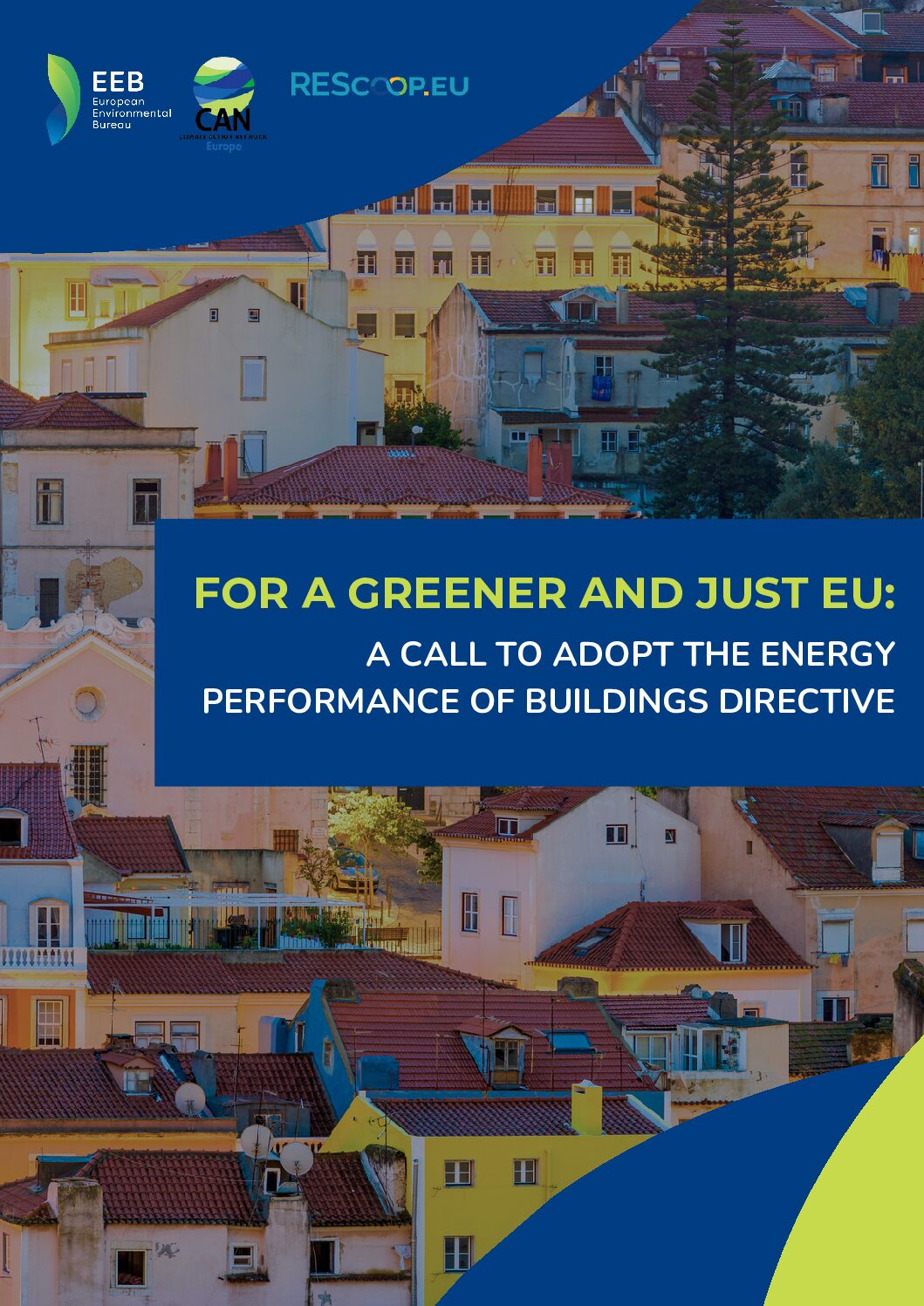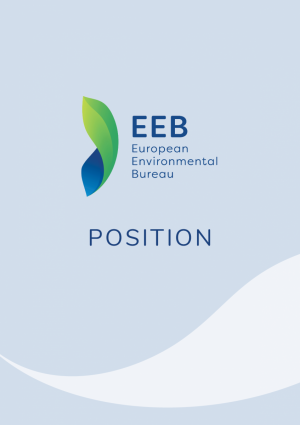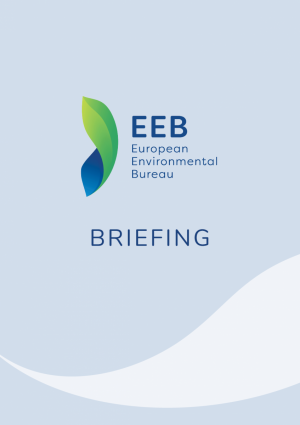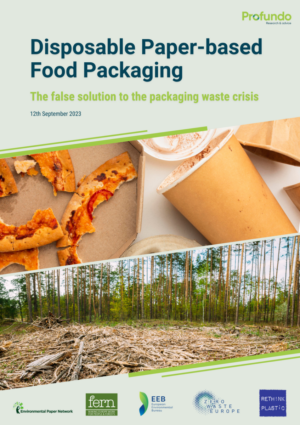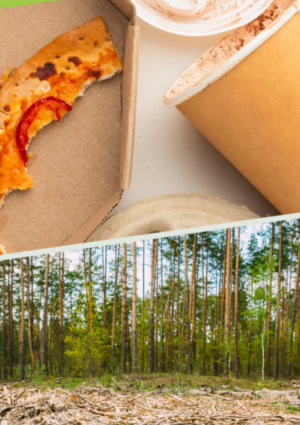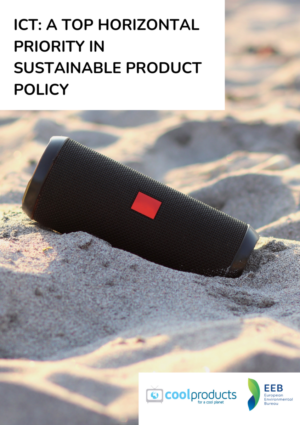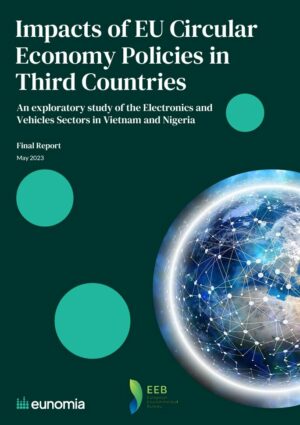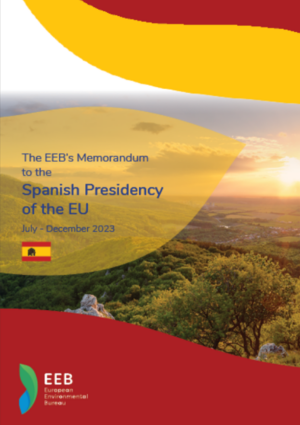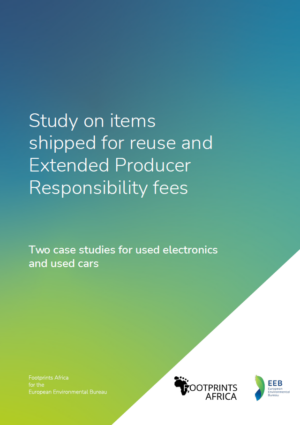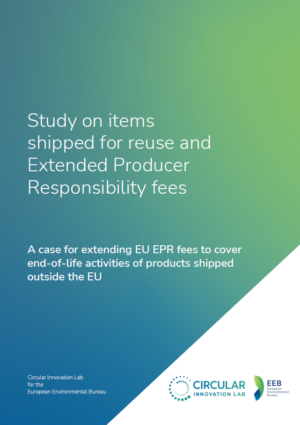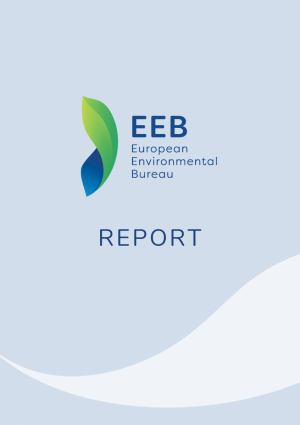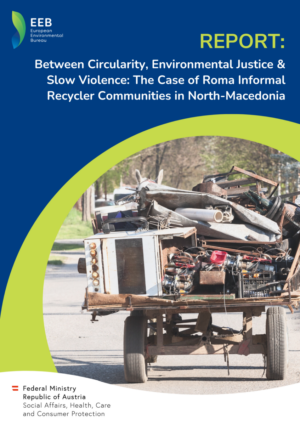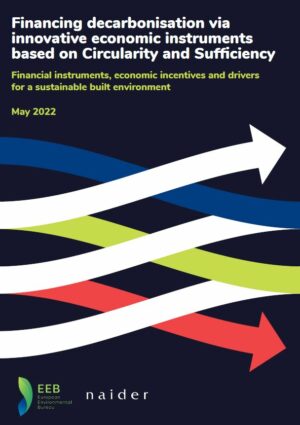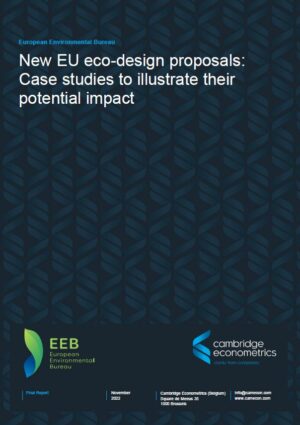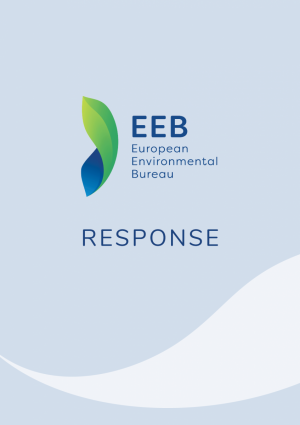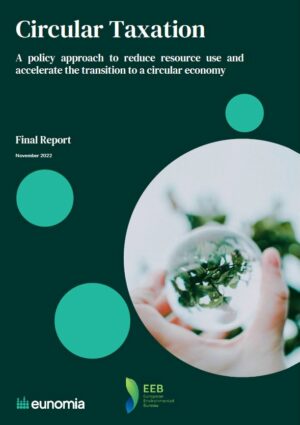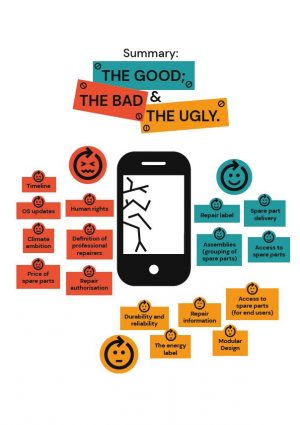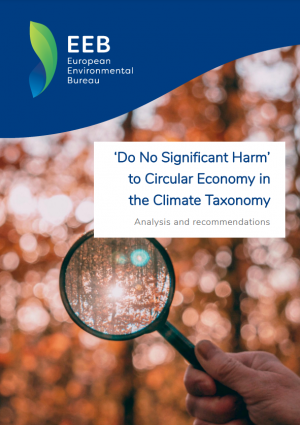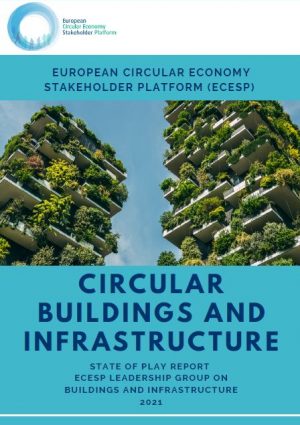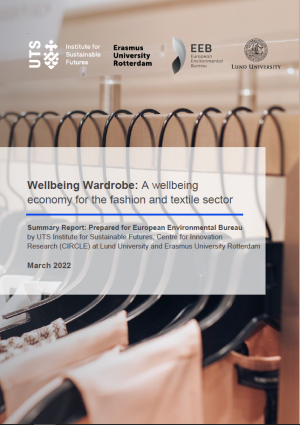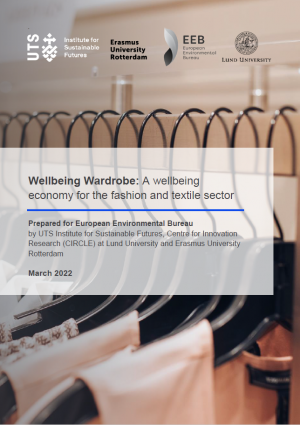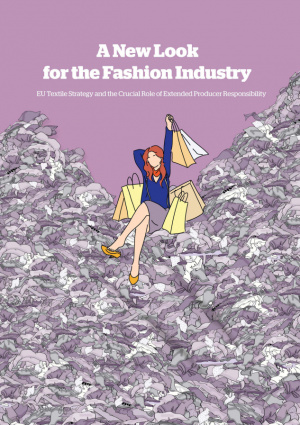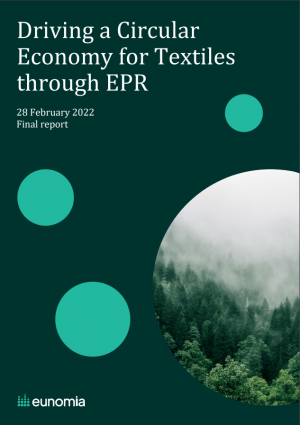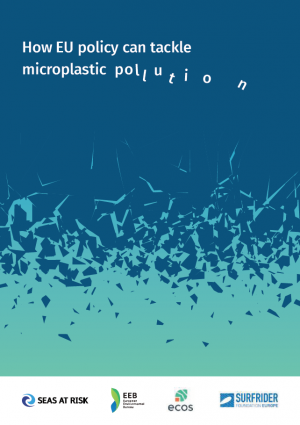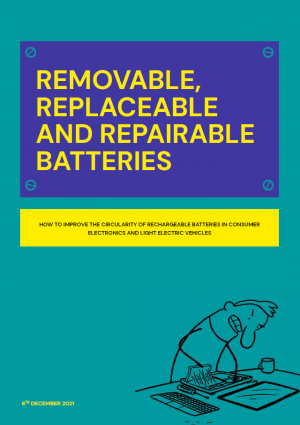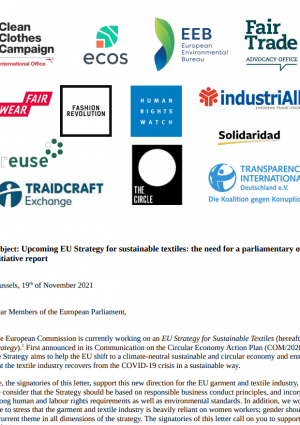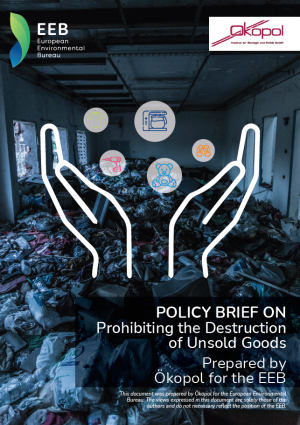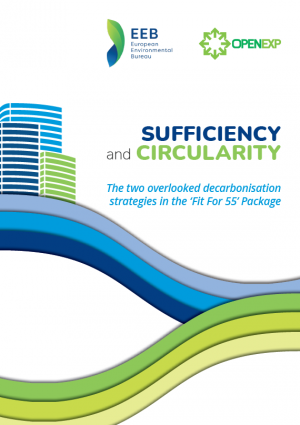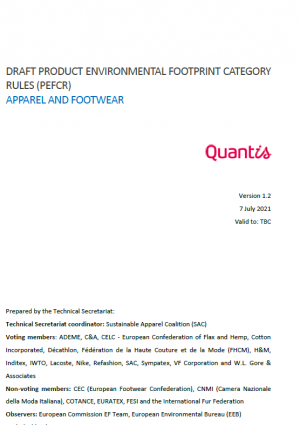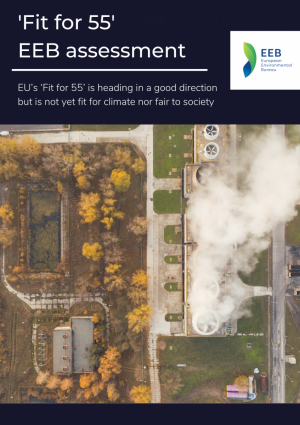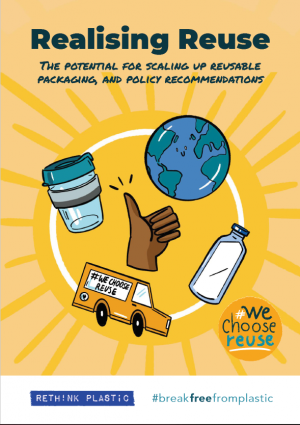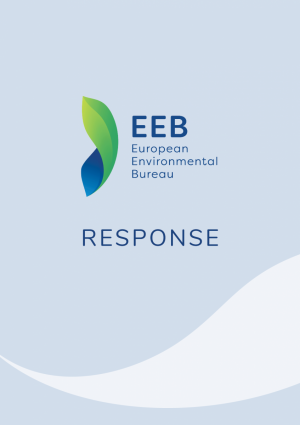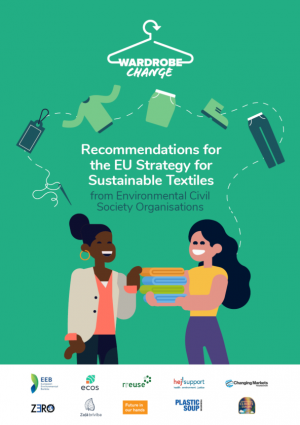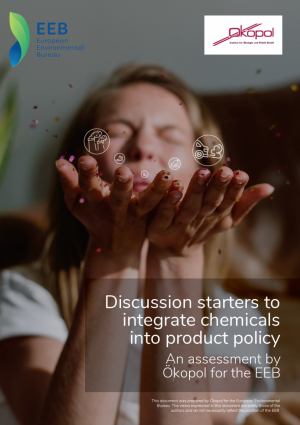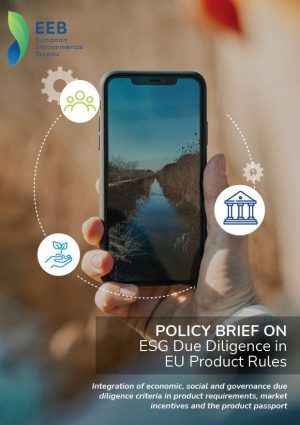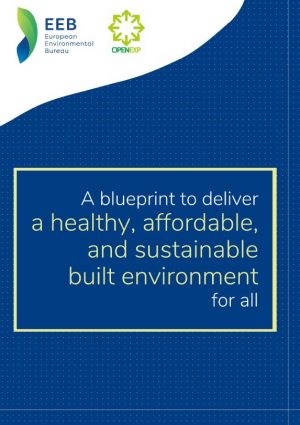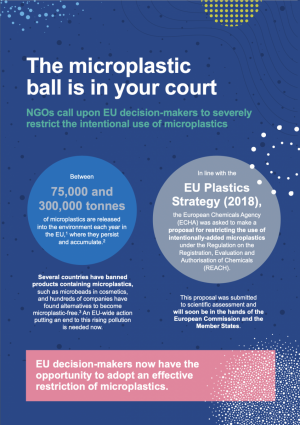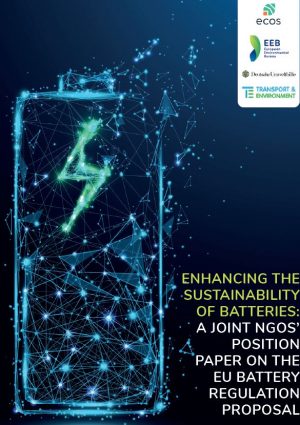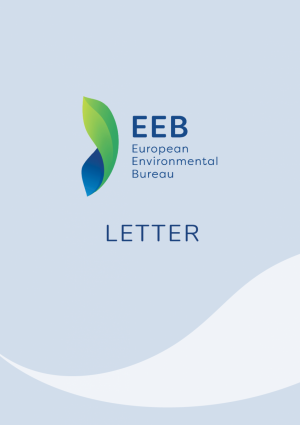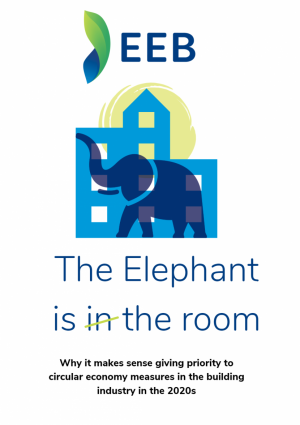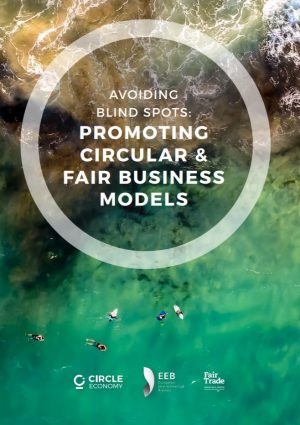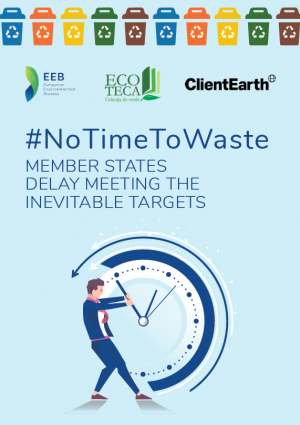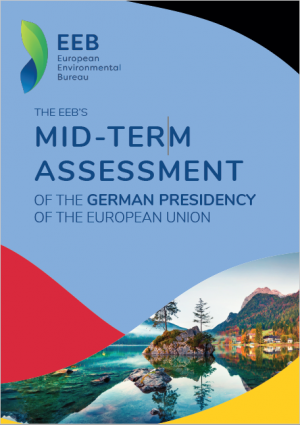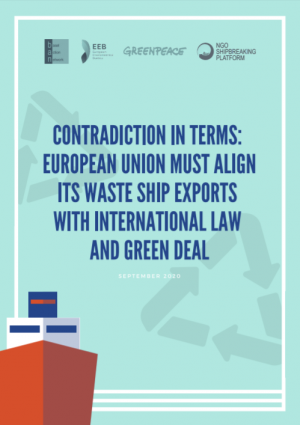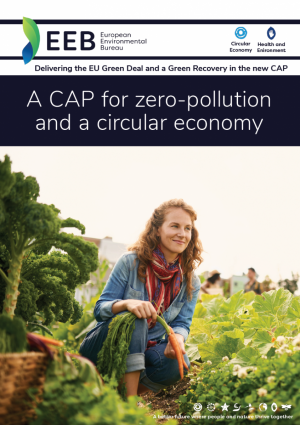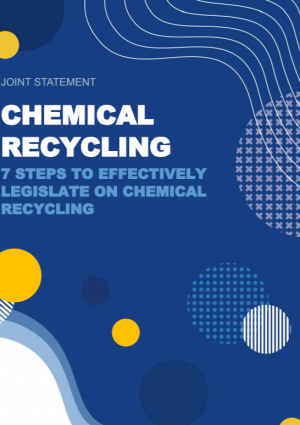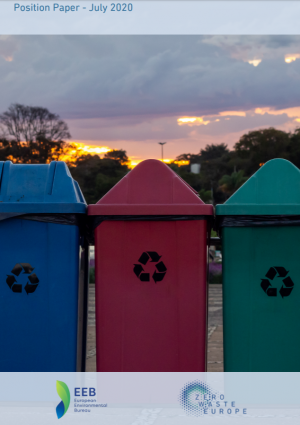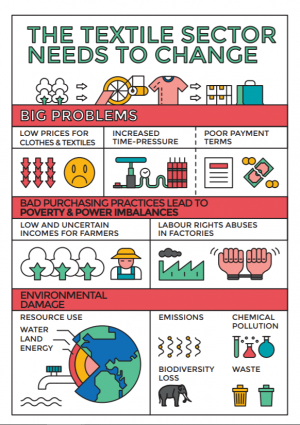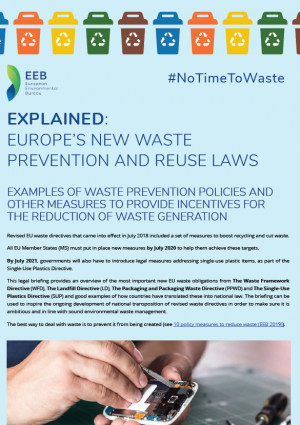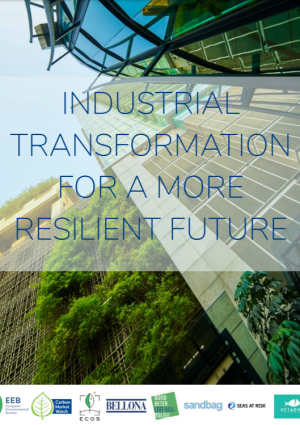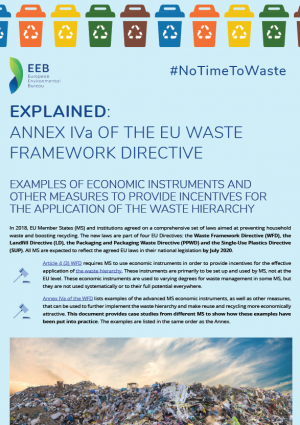Circular Economy
The world’s resources are limited, but we are living as if they weren’t. Our economic system is based on taking precious resources from the natural environment, creating products with a built-in life-span and then throwing them away to buy new ones.
The ‘take, make and throw away’ economy has had its time. Instead, policymakers and NGOs, along with a growing number of industries, agree that moving to a ‘circular economy’ – where waste is prevented and resource use minimised – is the best solution for the planet, people and businesses.
Such a solution would stop the planet eating up resources faster than they can be replenished, with products built instead from resources that reused and recycled from pre-existing products, and therefore already in the system. Everything made from these material resources would be designed to last longer, be reused in turn, easily repairable and finally recyclable. These products would replace those in our current economy that break down easily, forcing people to buy something new.
Stopping resource over-consumption and setting associated legal reduction targets not only makes environmental sense but also makes sense for business, with the potential to significantly boost innovation and job creation. Companies that adopt new business and production models that reduce reliance on raw materials by continuously cycling materials back into their supply chains are likely to be better insulated against fluctuating commodity markets and other future shocks. A circular economy is a more resilient economy.
A circular economy should also target organic resources as it has equally important advantages for the earth beneath our feet and the future of our farming. Organic materials and biomass, while being renewable, should also be, first, preserved then cycled through innovative applications and composting to satisfy fundamental nutritional needs and contribute to healthy soils and a rich biodiversity.
The aim of the game is to keep resources within the economy for as long as possible. That means taking care of our daily products, keeping materials out of landfills and incinerators, and retrieving as much as we can from discarded products to build new products or enrich the soils through quality compost. It is time we recognised our products as the material reservoirs they are.
The EEB is a founding member of the Coolproducts, Right to Repair, Wardrobe Change, and Rethink Plastic alliance campaigns. The EEB is also actively involved in multi-stakeholder platforms, notably the European Stakeholders Circular Economy Platform and the #BuildingLife campaign.
Together with our members, partners and coalitions we strive to establish ambitious transformative policies on products, strategic materials, waste and fiscal reform, as well as on other areas for which the circular economy acts as a leverage for a fair society acting within planet boundaries.
The EEB is an official member of the European Circular Economy Stakeholder Platform chaired by the European Economic and Social Committee (EESC).
jobs could be created through better design of our products, more re-use and waste prevention
could be generated if we use our resources more efficiently


